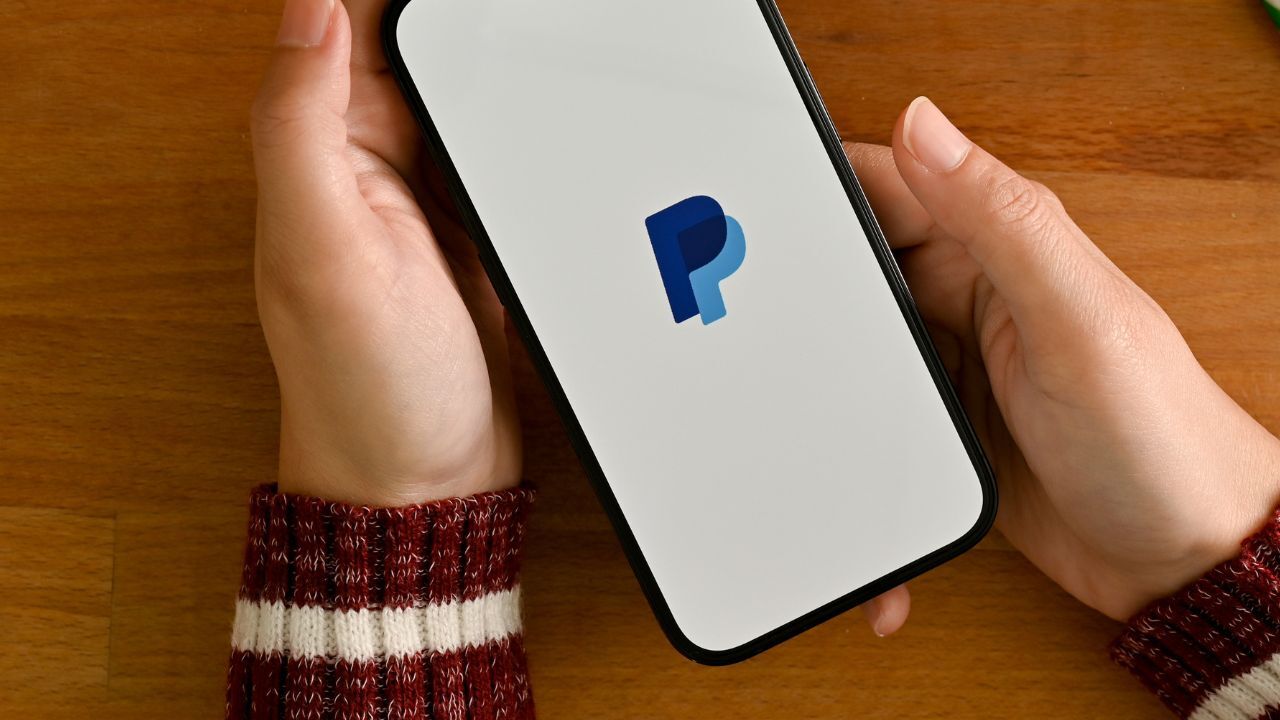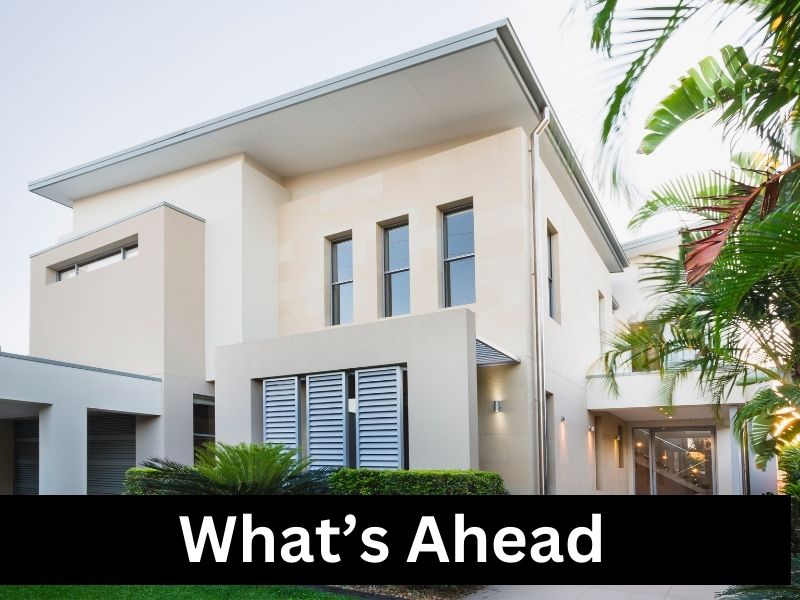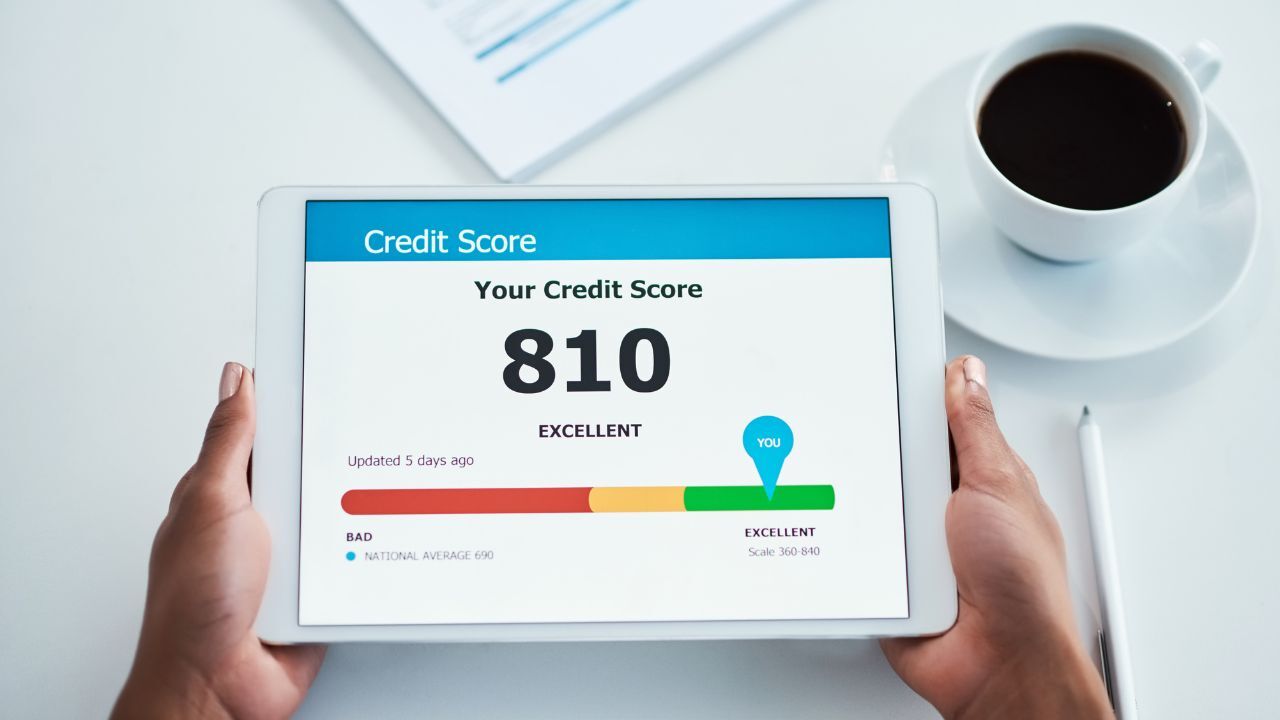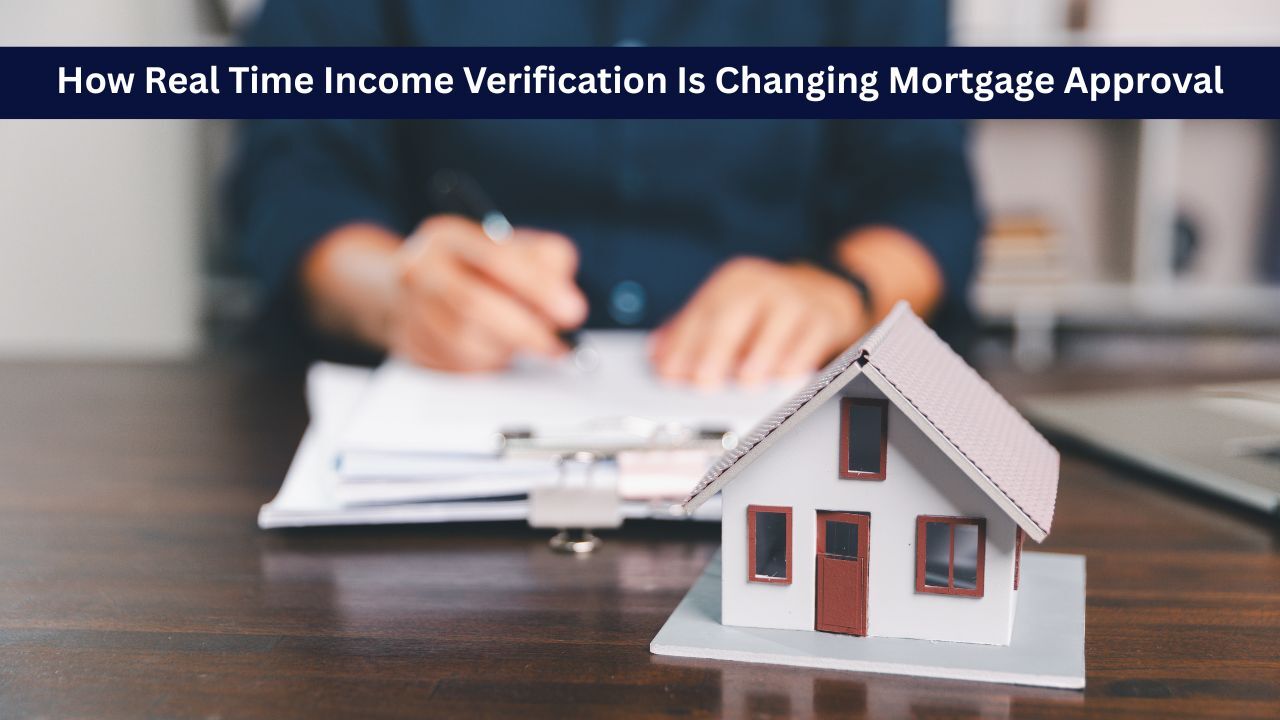 The trade deficit dropped significantly this month, resulting in the smallest gap in the last 16 years. This has been entirely driven by the ongoing gold rush and, to a much less impactful degree, businesses working their way around high tariffs. The unemployment reports, however, have shed another light, showing a steady trend of unemployment rising and reaching a four-year high as of last week.
The trade deficit dropped significantly this month, resulting in the smallest gap in the last 16 years. This has been entirely driven by the ongoing gold rush and, to a much less impactful degree, businesses working their way around high tariffs. The unemployment reports, however, have shed another light, showing a steady trend of unemployment rising and reaching a four-year high as of last week.
This is somewhat offset by consumer sentiment, which showed a slightly positive increase alongside relative improvements in the economy. All in all, the data points to mixed results for the broader market. The upcoming week will be a much greater indicator, with all major inflation reports in the PPI and CPI scheduled for release.
Trade Deficit
The U.S. trade deficit plummeted 39% in October to reach the lowest level in 16 years, but the steep drop stemmed from an ongoing gold rush of sorts as well as efforts by businesses to work around high tariffs. The trade gap shrank to $29.4 billion in October from $48.1 billion in September, the government said Thursday. The October report was delayed by the federal shutdown.
Consumer Sentiment
The University of Michigan’s gauge of consumer sentiment rose to 54 in a preliminary January reading from 52.9 in the prior month. This marked the second straight gain and the highest level of sentiment since September. “Consumers perceived some modest improvement in the economy,” the survey found, although sentiment remains nearly 25% below last January’s reading.
Jobs Report
The unemployment rate climbed to a four-year high of 4.6%, according to a mostly tepid November jobs report. The economy lost 105,000 jobs in October and added 64,000 new jobs in November, the government said, with the report skewed by deferred resignations of federal workers.
Primary Mortgage Market Survey Index
- 15-Year FRM rates saw an increase of 0.02%, with the current rate at 5.46%
- 30-Year FRM rates saw an increase of 0.01%, with the current rate at 6.16%
MND Rate Index
- 30-Year FHA rates saw a decrease of -0.16%, with current rates at 5.69%
- 30-Year VA rates saw a decrease of -0.17%, with current rates at 5.70%
Jobless Claims
Initial claims were reported at 208,000 compared to expected claims of 210,000. The prior week’s total was 200,000.
What’s Ahead
CPI and PPI inflation reports are the major releases for next week, along with the usual employment data.
 When you are preparing to buy a home, it is natural to want your credit profile to look clean and organized. Many buyers think closing old credit accounts will improve their score, simplify their finances, and make them appear more responsible to lenders. In reality, closing old accounts can have the opposite effect. Those accounts play a much bigger role in your credit profile than most people realize and shutting them down can create sudden changes that impact your mortgage approval.
When you are preparing to buy a home, it is natural to want your credit profile to look clean and organized. Many buyers think closing old credit accounts will improve their score, simplify their finances, and make them appear more responsible to lenders. In reality, closing old accounts can have the opposite effect. Those accounts play a much bigger role in your credit profile than most people realize and shutting them down can create sudden changes that impact your mortgage approval. Fractional homeownership is becoming more popular as buyers look for creative ways to enjoy a second home or vacation property without taking on the full cost. Instead of owning one home entirely, you purchase a fraction of the property and share ownership with several other people. While the idea sounds simple, fractional ownership comes with unique rules, financing challenges, and long-term commitments that every buyer should understand before moving forward.
Fractional homeownership is becoming more popular as buyers look for creative ways to enjoy a second home or vacation property without taking on the full cost. Instead of owning one home entirely, you purchase a fraction of the property and share ownership with several other people. While the idea sounds simple, fractional ownership comes with unique rules, financing challenges, and long-term commitments that every buyer should understand before moving forward. Buying a home when you have young kids brings unique challenges, but it also creates opportunities to build stability for your family. Your priorities might look different from other homebuyers, and your financial decisions may need to reflect the needs of a growing household. By planning ahead and understanding what matters most, you can choose a mortgage that supports your budget, your lifestyle, and your long-term goals as a parent.
Buying a home when you have young kids brings unique challenges, but it also creates opportunities to build stability for your family. Your priorities might look different from other homebuyers, and your financial decisions may need to reflect the needs of a growing household. By planning ahead and understanding what matters most, you can choose a mortgage that supports your budget, your lifestyle, and your long-term goals as a parent. More people are earning money through freelancing, side gigs, digital work, consulting, and online sales. Because of this, it is common for income to flow through platforms like Venmo, Cash App, or PayPal instead of traditional direct deposits. While these tools make it easy to get paid, they can also affect your mortgage application in ways many buyers do not expect. Understanding how lenders view these platforms can help you prepare long before you apply for a home loan.
More people are earning money through freelancing, side gigs, digital work, consulting, and online sales. Because of this, it is common for income to flow through platforms like Venmo, Cash App, or PayPal instead of traditional direct deposits. While these tools make it easy to get paid, they can also affect your mortgage application in ways many buyers do not expect. Understanding how lenders view these platforms can help you prepare long before you apply for a home loan.
 The New Year is a natural time to pause, reset, and think intentionally about financial goals. For many buyers and homeowners, real estate and home financing are part of that plan. Whether you are considering purchasing a home, refinancing, or simply positioning yourself for future opportunities, starting the year with a clear strategy can make a meaningful difference.
The New Year is a natural time to pause, reset, and think intentionally about financial goals. For many buyers and homeowners, real estate and home financing are part of that plan. Whether you are considering purchasing a home, refinancing, or simply positioning yourself for future opportunities, starting the year with a clear strategy can make a meaningful difference. A strong credit score gives many buyers confidence as they prepare to purchase a home. Good payment history and responsible credit use are valuable, but they do not guarantee approval. There are several other important factors that lenders review, and any one of them can slow down or stop the process.
A strong credit score gives many buyers confidence as they prepare to purchase a home. Good payment history and responsible credit use are valuable, but they do not guarantee approval. There are several other important factors that lenders review, and any one of them can slow down or stop the process. The rise of the sharing economy has changed the way many people work, earn, and budget. Income from rideshare driving, freelance projects, short-term rentals, and delivery apps has become a normal part of modern finances. These new income streams are helpful for building savings and paying bills, but they also affect how lenders view your mortgage application. Understanding how the sharing economy influences underwriting can help you prepare for a smooth approval process.
The rise of the sharing economy has changed the way many people work, earn, and budget. Income from rideshare driving, freelance projects, short-term rentals, and delivery apps has become a normal part of modern finances. These new income streams are helpful for building savings and paying bills, but they also affect how lenders view your mortgage application. Understanding how the sharing economy influences underwriting can help you prepare for a smooth approval process. Mortgage approval used to require weeks of gathering documents, submitting pay stubs, waiting for HR departments to respond, and hoping everything lined up perfectly. Today, more lenders are moving toward real-time income verification, a faster and more accurate way to confirm your income during the mortgage process. This shift is making the approval timeline smoother for buyers and giving lenders a clearer picture of your financial situation.
Mortgage approval used to require weeks of gathering documents, submitting pay stubs, waiting for HR departments to respond, and hoping everything lined up perfectly. Today, more lenders are moving toward real-time income verification, a faster and more accurate way to confirm your income during the mortgage process. This shift is making the approval timeline smoother for buyers and giving lenders a clearer picture of your financial situation.